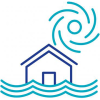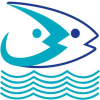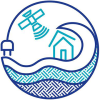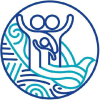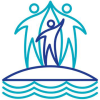Foreword
A short statement about PILNA 2021 from SPC Director General, Dr Stuart Minchin.
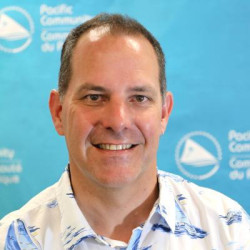
Dr Stuart Minchin, SPC Director General
Data does not provide any benefits if it is not made accessible to its intended users in a meaningful manner. Learning from the journey of the past 3 cycles, the Pacific Islands Literacy and Numeracy Assessment (PILNA) 2021 Report has adopted a new approach that allows our region to actively control data retrieval. The new approach ensures that the entire report is available online and encourages greater data exploration rather than passive consumption of information.
PILNA was developed by Pacific Community’s (SPC) Educational Quality & Assessment Programme (EQAP) in 2012 to provide a snapshot of how the region’s Year 4 and Year 6 students across 15 Pacific island countries (PICs) in the region are faring in the skills essential to progress through school and life. Areas covered included reading, writing, numbers, operations, measurements and data. In the fourth cycle of PILNA, administered in 2021, over 40,000 students were involved.
With the migration of PILNA to a digital platform, we are now better able to present a picture of our region’s educational strengths and challenges. Each section of the digital report contains a wealth of invaluable data, which is carefully analysed by educators across the Pacific. Despite the varied levels of disruptions caused by the COVID-19 pandemic and occurrences of adverse weather conditions such as tsunami, cyclones and floods, I am very pleased to see that our region’s overall progress continues to be quite positive in many areas.
However, there are a few areas that still require our collective attention. Firstly, the importance of using assessment data at the classroom level to inform future intervention. PILNA provides information on what students do and do not know allowing teachers to tailor interventions for targeted improvement and use the data to diagnose possible causes of poor performance.
Secondly, understanding the magnitude of the impact of the pandemic on primary school students across the region. COVID-19 outbreaks in some Pacific countries led to loss of face-to-face learning opportunities with teachers which has contributed to a drop in the performance level of students, especially at the Year 4 level.
And thirdly, recognising the high levels of stress encountered by school teachers and leaders in the fourth cycle of PILNA. This high level of stress may be encountered for a wide variety of reasons.
The PILNA results feed into the Pacific Regional Education Framework (PacREF) under Area 3 of its Implementation Rolling Plan that focusses on Student Outcomes and Wellbeing. PacREF being the expression of the region’s commitment and shared priorities for improvement in education, ensures continued Pacific ownership and teamwork through closer cooperation and collaboration for the collective regional benefit of all countries.
In this region, ocean science, biodiversity, health, climate change, each play a fundamental role in driving our development, but if the Pacific wants to be a leader in these fields, it will need future generations to be ready to take on this region’s most pressing challenges. PILNA represents an essential tool for reaching this goal.
I wish to thank the Pacific Ministers and ministries of Education, the schools, teachers, and students who continue to support PILNA. I also wish to acknowledge the New Zealand Government through the Ministry of Foreign Affairs and Trade Aid Programme and the Australian Aid Programme who have been an invaluable partners on this project.
Dr Stuart Minchin
SPC Director General
